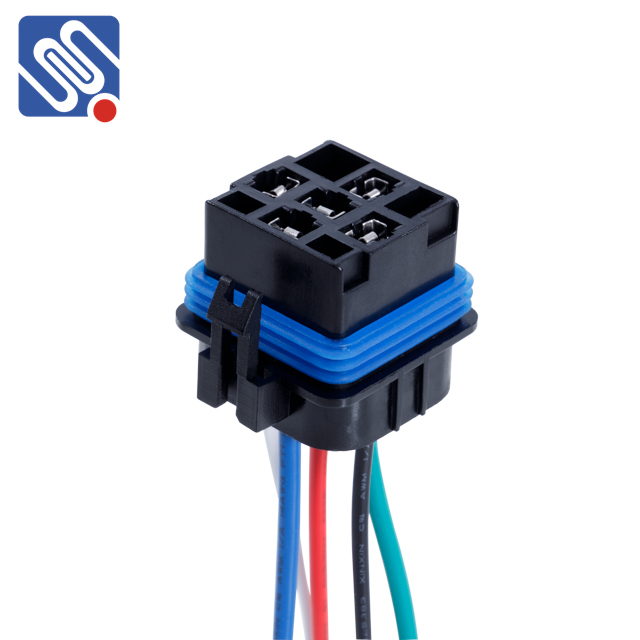understanding relay connectors: key components for electrical systems
Release time:2025-11-12 16:42:09
Relay connectors are essential components in various electrical systems, serving as reliable interfaces that connect relays to other circuit parts. Their primary role is to ensure efficient transmission of power and signals, often in high-current, high-voltage environments. From automotive applications to industrial automation, relay connectors provide safe, secure, and durable connections that are crucial for the proper functioning of many devices. In this article, we’ll explore the importance of relay connectors, their types, applications, and key considerations when choosing the right one.

What Are Relay Connectors? Relay connectors are specialized connectors that facilitate the connection of a relay (an electrically operated switch) to a circuit. They enable easy installation, removal, and replacement of relays, which are essential for controlling various devices or processes. The design of a relay connector ensures that the relay is securely mounted and that the electrical signals and power flow seamlessly through the system. Types of Relay Connectors Relay connectors come in various designs, materials, and configurations. The most common types are: PCB Mount Relay Connectors

